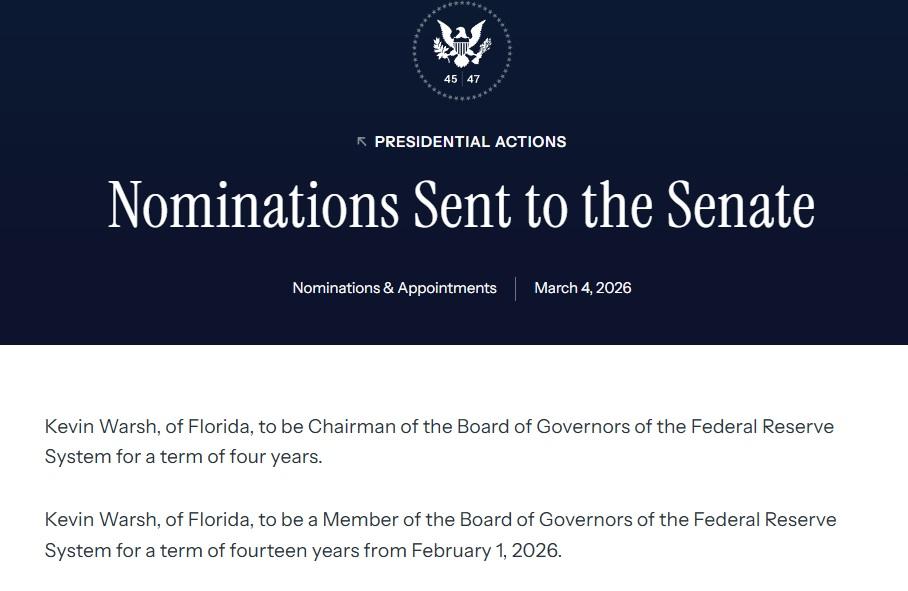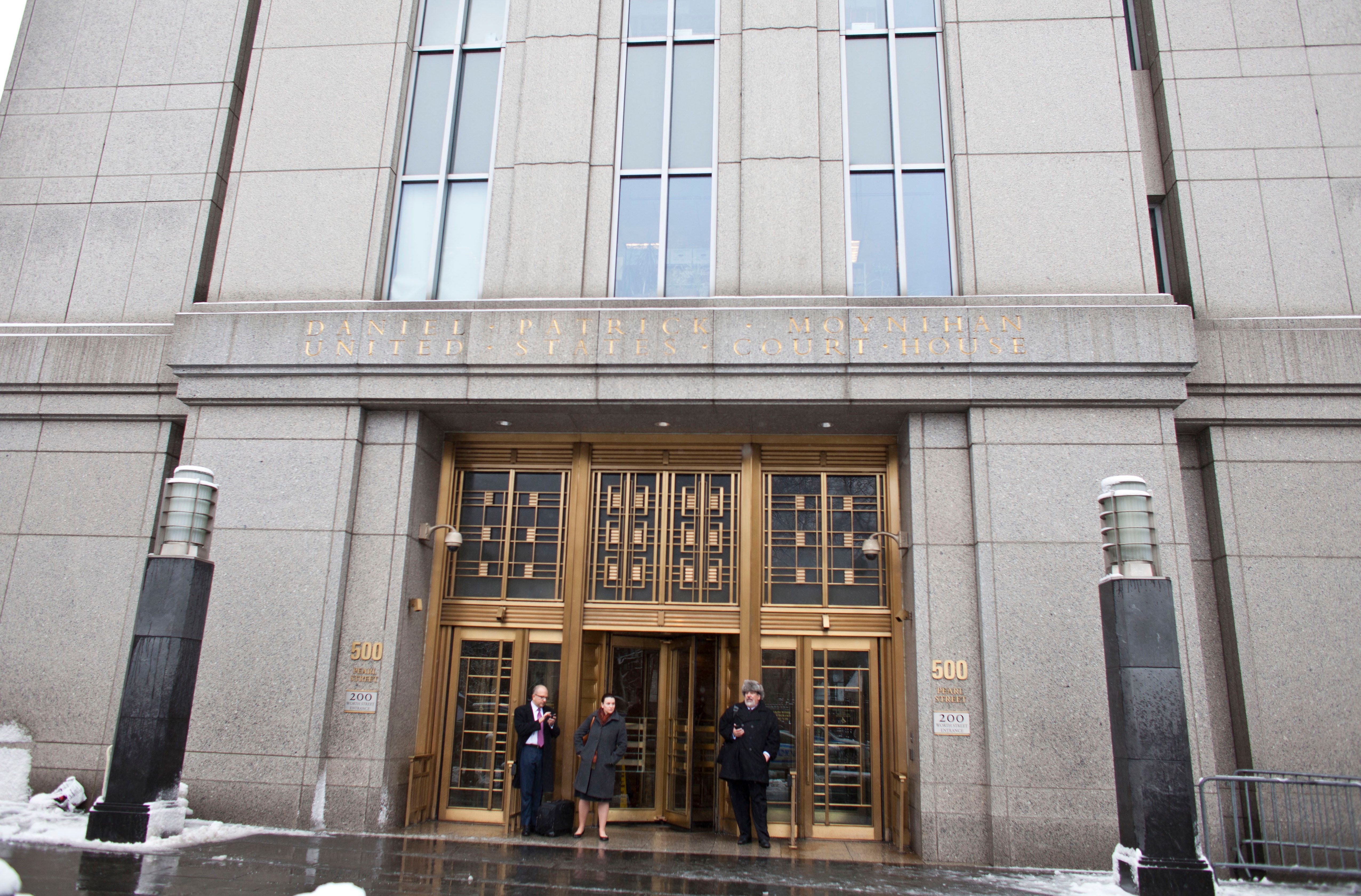Hunting for New Physics: Muon Conversion as a Precision Probe
A new analysis of muon-electron conversion offers stringent limits on potential violations of fundamental symmetries and opens the door to even more sensitive searches with upcoming experiments.





